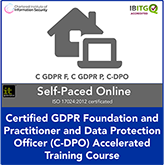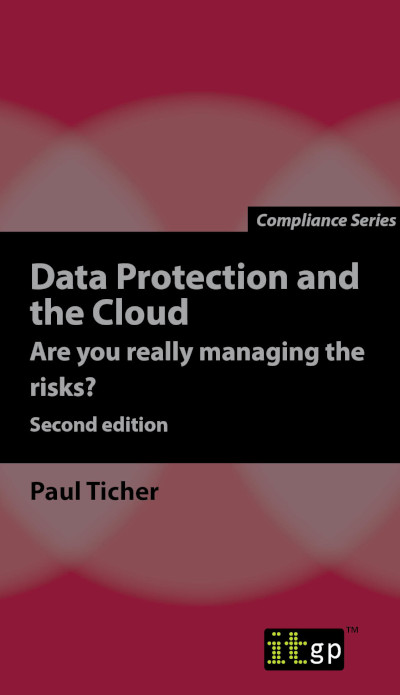
As you might have expected, the GDPR (General Data Protection Regulation) has created a spike in demand for data protection and privacy experts. Organisations are desperate to hire people who can guide them towards regulatory compliance and avoid large fines. In this latest blog discover what a DPO’s tasks are and how to become one.
For many organizations, this isn’t just a wish; they are legally required to find such a person and appoint them as a DPO (data protection officer).
The demand for DPOs makes it an ideal job role for those looking to advance their career. You need plenty of experience, as well as demonstrable soft skills, but it provides an opportunity with plenty of room for growth. Let’s take a look at how you can get started.
WHAT A DPO DOES
It’s worth summarising exactly what a DPO’s tasks are because you’ll see that they are responsible for more than simply reviewing GDPR compliance.
Yes, they are broadly tasked with advising organizations on how to comply with their legal requirements concerning data protection. But that doesn’t just include things like monitoring policies and looking into the need for DPIAs (data protection impact assessments).
It also involves helping staff understand their data protection obligations and serving as a point of contact for individuals who contact the organization with data protection and privacy queries.
This means that DPOs will be regularly discussing the GDPR to people who aren’t technically minded. As such, they must have strong communication skills and be capable of explaining complex issues without using jargon.
It’s much harder to teach skills like that than to train someone on the ins and outs of the GDPR, but still eminently possible.
SPECIALIST DPO TRAINING
If you’re interested in becoming a DPO, you will benefit massively from taking a training course dedicated to the role. It will help you understand the technical requirements of the GDPR and how they apply to each part of your job role and give you practical experience of the tasks you’re responsible for.
For example, you can understand exactly what’s required when performing, say, a DPIA, but you need to be aware of your boundaries. DPOs must operate independently and without any conflict of interest. Taking too active a role in tasks like this jeopardize your status as an advisor and violate the GDPR’s requirements.
 IT Governance’s Certified Data Protection Officer (C-DPO) Masterclass Training Course gives you the technical and spatial expertise you need to become a DPO.
IT Governance’s Certified Data Protection Officer (C-DPO) Masterclass Training Course gives you the technical and spatial expertise you need to become a DPO.
Over four days, our expert trainers will help you hone your knowledge of the GDPR and show you how to use that knowledge appropriately while fulfilling your tasks as a DPO.

If you already have a strong understanding of the GDPR, you might prefer our Certified Data Protection Officer (C-DPO) Upgrade Training Course.
This two-day course builds on the knowledge you would have gained from passing the GDPR Practitioner exam, focusing on the practical application of the Regulation in the workplace.
Source: How to become a data protection officer
GDPR Training
Tags: data protection officer, DPO, GDPR Privacy














